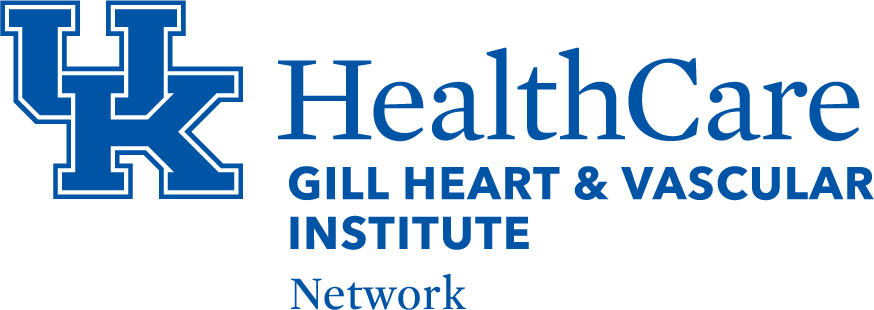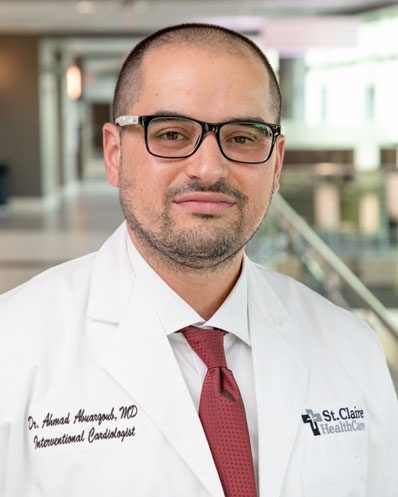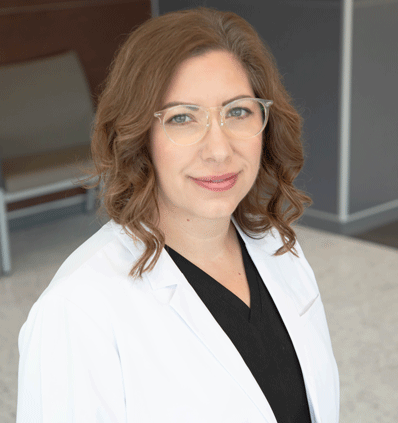
Cardiology
We Help Heal Your Heart
UK St. Claire’s Cardiology Department offers diagnostic, therapeutic, and supportive care to patients with heart problems. Out department includes a diverse group of professionals with one common goal: to safeguard the health of our patients and to prevent or treat heart conditions and diseases. Heart disease is the #1 killer of men and women worldwide, and many do not realize they have a heart condition until they experience something such as a heart attack or stroke. Your primary care doctor can help you assess the likelihood that you will develop a heart problem, and if you have heart disease warning signs, they may refer you to a cardiologist.
UK St. Claire offers expanded cardiology services that include angioplasty, a procedure that opens narrowed or blocked blood vessels that supply blood to the heart. This allows us to provide state-of-the-art coronary artery ballooning and stenting procedures to patients who present with acute ST-elevation myocardial infarction (STEMI) as well as elective procedures to help prevent heart attacks. When this type of coronary procedure is required, time is of the essence— UK St. Claire offers patients access to this advanced procedure.

We are proud to be a member of the UK Gill Heart & Vascular Institute Affiliate Network. (GAN) Through this affiliation, we are able to enhance access to state-of-the-art cardiovascular care and ensure our patients receive the right care in the right place at the right time. GAN also supports our team with the most current resources and best practices while enhancing access to a full complement of cardiovascular care.
What Does a Cardiologist Do?
Cardiologists are specialists in the heart, as well as the circulatory system – the veins and arteries that transport blood from the heart and throughout the body. You may want to see a cardiologist if you if heart disease runs in your family, if you are a smoker or used to smoke in the past, or if you have high blood pressure or high cholesterol. Cardiologists treat a wide array of heart conditions, including coronary artery disease, heart failure, blood clots, and more. These doctors are trained to help you understand how you can improve your health.
Cardiac Rehabilitation
St. Claire Cardiac Rehabilitation provides individualized programs designed to help patients recover after any heart-related event. St. Claire's cardiac rehabilitation team develops and monitors exercise, education and counseling sessions designed to improve patients' heart health. Family members play an important role in the recovery process and are encouraged to participate. A supportive atmosphere helps patients reach their goals and achieve long-term success.
Cardiac rehabilitation is separated into three phases, each focusing on specific stages of the recovery process. Patients will begin the program in the phase that best fits their stage of recovery.
Phase I
In-Hospital Therapy
In-hospital therapy begins within days of a cardiac event. This phase of the program includes exercise and education about decreasing your potential for a second cardiac event.
Phase II
Telemetry-Monitored Exercise Program
Following a doctor's referral, an individualized exercise plan is designed for each patient. At the doctor’s discretion, patients may also undergo a graded exercise test. During telemetry-monitored exercise programs, the patient wears a monitor that allows us to see your heart rate. Information such as breathing, blood pressure, and blood oxygen saturation is also gathered at the completion of each exercise. This information allows trained staff to adjust exercises to best fit each patient. This portion of the program is covered by most insurance companies.
Phase III
Wellness Phase
Patients participate in the wellness phase to help maintain their commitment to a healthy lifestyle. The cardiac rehabilitation team continues to monitor each patient and encourage individuals to exercise one to three times a week. Patients who consistently exercise demonstrate ongoing benefits to their physical and emotional health. Patients are financially responsible for this portion of the program.







